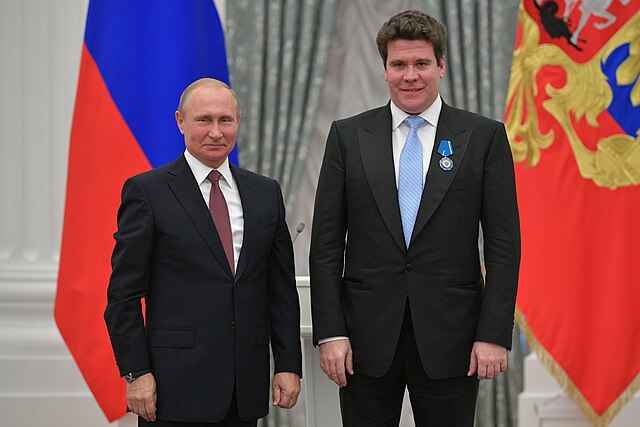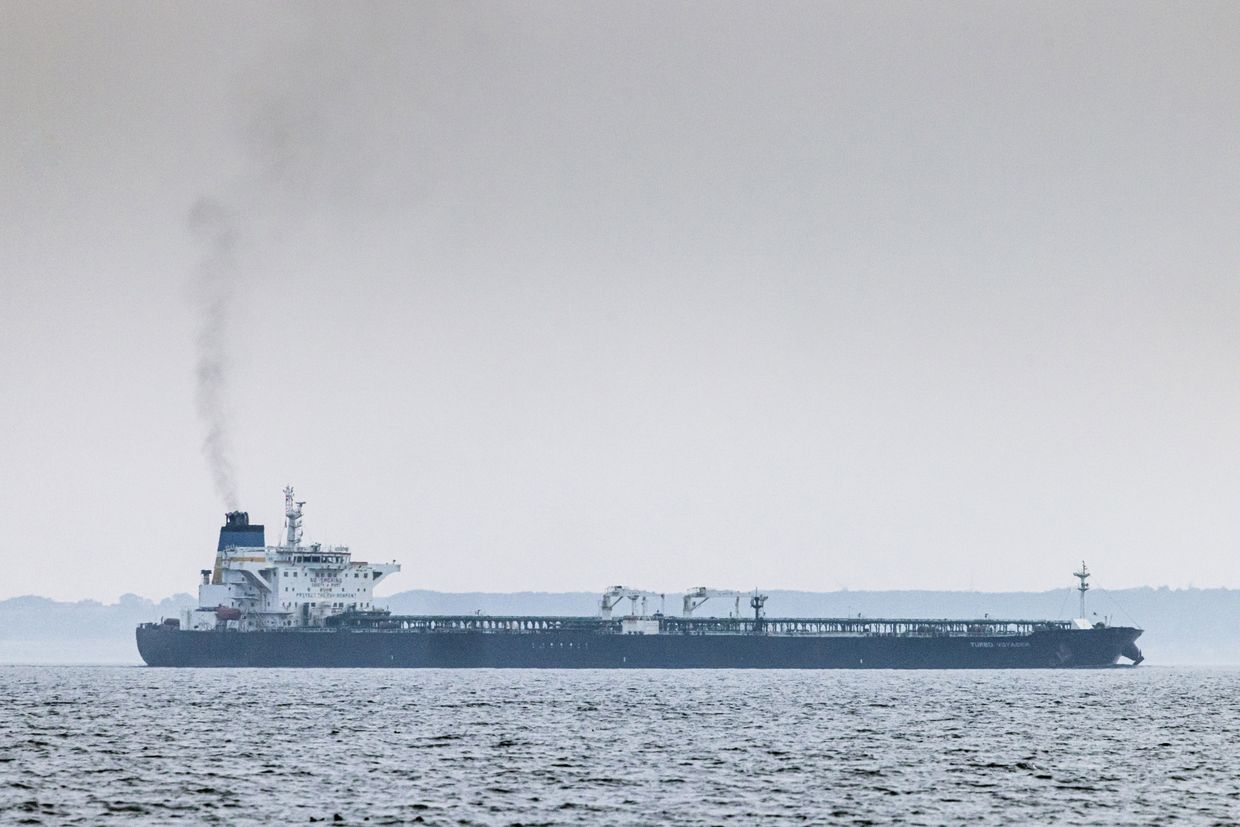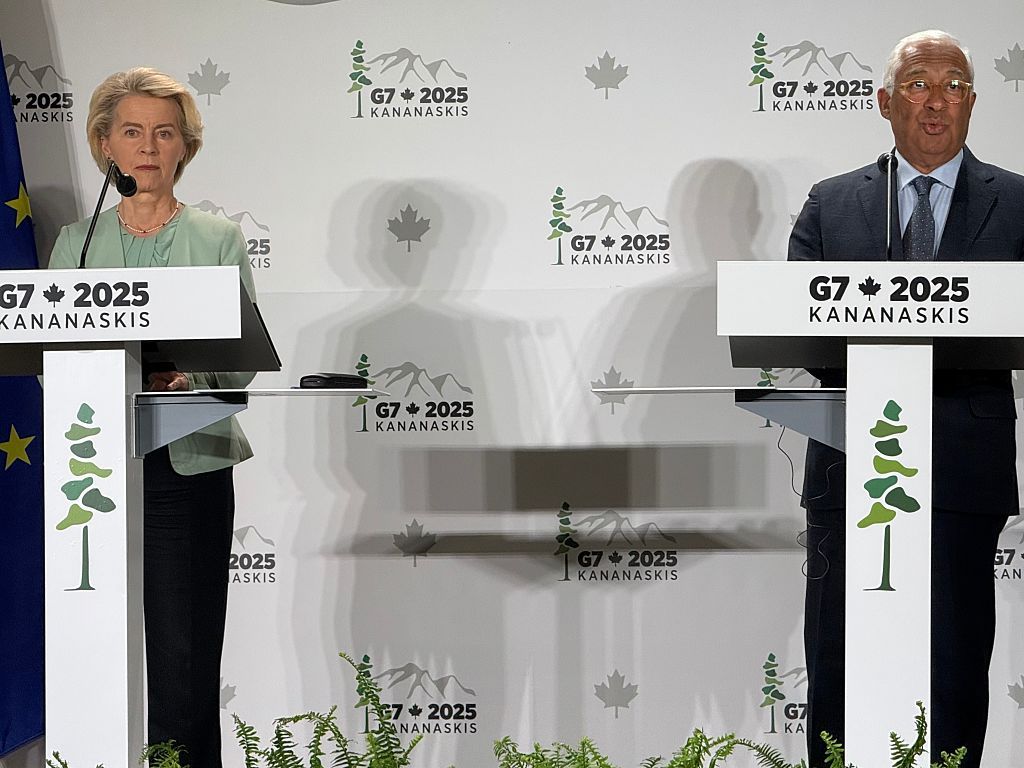7 of Europe’s Most Delectable Fall Harvest Festivals

© Andy Haslam for The New York Times

© Andy Haslam for The New York Times

The Athens State Orchestra has canceled the planned concert of Russian pianist Denis Matsuev following a wave of criticism on social media.
Matsuev, a well-known supporter of Russia’s annexation of Crimea, has received awards directly from Vladimir Putin, including the Russian Order of Honour in 2018, making his scheduled performance in Greece highly controversial.
In February 2022, one day after Russia launched its full-scale invasion of Ukraine, his appearance with the Vienna Philharmonic in New York was canceled over his public support of Putin. Since then, he has not performed in the West, as many cultural institutions distance themselves from artists tied to the Kremlin.
Locals and the Ukrainian diaspora in Greece mobilized online after the Athens concert was announced. Comments criticizing the event flooded the orchestra’s promotional posts on Facebook and Instagram, drawing wider attention.
Talk of staging a protest followed, but before any demonstration could take place the orchestra moved to cancel the event. Within days of the backlash, it confirmed the concert would not go ahead.
“Throughout its many years of activity, the Orchestra has served artistic excellence as well as the values of open dialogue and respect that define the European cultural community. Within this framework, it has chosen to adjust its programming in response to the very recent international situation,” the orchestra said in a statement on Facebook.
Across Europe, cultural institutions have faced growing scrutiny over hosting Russian artists linked to the Kremlin. Many scheduled shows have been cancelled after outcry from local and international communities across the continent.
Activists argue that figures like Matsuev serve as instruments of Russian soft power, making their presence problematic during Moscow’s ongoing war against Ukraine.
The cancellation highlights how grassroots activism and solidarity between Ukrainian and local European communities can lead to swift results. It also reflects a wider European trend of reassessing cultural ties with artists who openly support Russian aggression.

© Nicolas Economou/Reuters

An uninsured Russian Aframax-class tanker has been illegally conducting ship-to-ship oil transfers in international waters near Greece and Cyprus since July 2024, Ukraine's military intelligence (HUR) reported on June 16.
According to the agency, the vessel, operating without Western insurance, is part of Russia's expanding shadow fleet used to bypass G7 and EU sanctions on Russian oil exports.
HUR said such transfers "pose an environmental threat, allow the aggressor to conceal the origin of oil, evade international control, and ensure its supply to third countries in circumvention of sanctions."
Ukraine has identified the tanker as IMO 9247443 and listed it on the War&Sanctions platform, along with 159 other tankers allegedly belonging to Russia's shadow fleet and 55 captains involved in sanction-busting operations.
Despite price caps and Western restrictions, Russia continues to profit from oil and gas exports, which remain a vital revenue source. According to HUR estimates, roughly one-third of those profits are expected to fund Russia's war against Ukraine in 2025.
In May, the EU approved its 17th sanctions package, targeting nearly 200 shadow fleet vessels. The U.S. Treasury had earlier sanctioned over 180 tankers, which together accounted for nearly half of Russia's offshore oil shipments.
While the Biden administration ramped up pressure on Russia's oil trade early in 2024, U.S. President Donald Trump has since declined to impose new sanctions, despite Moscow's continued refusal to agree to a ceasefire.
 The Kyiv IndependentAbbey Fenbert
The Kyiv IndependentAbbey Fenbert